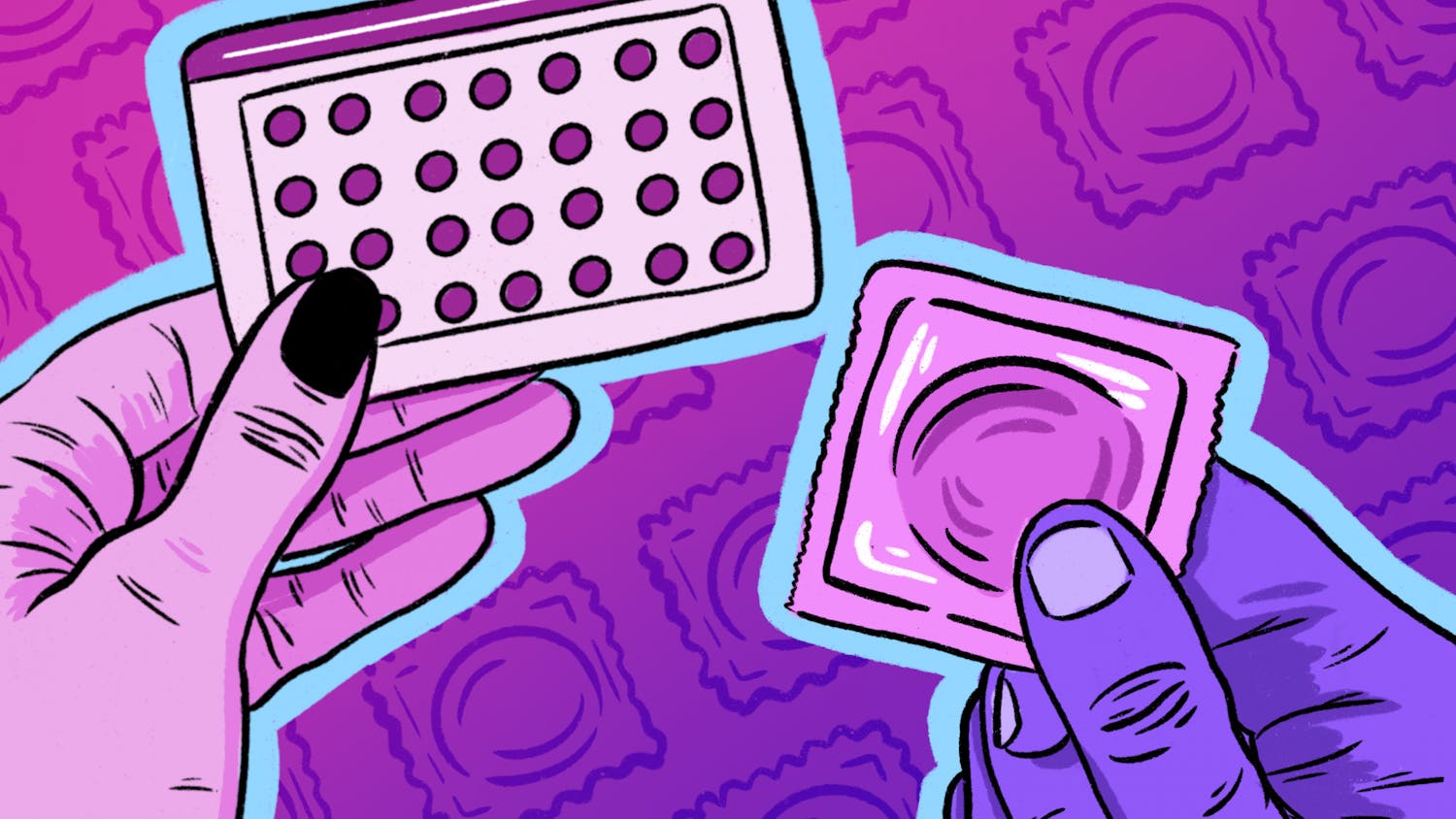October is LGBT History Month, a celebration of the achievements and long-time efforts of those who have been fighting tenaciously for equal rights. As time goes on and people educate themselves, the world is becoming increasingly accepting of the LGBTQIA+ community. A powerful step towards further acceptance would be to stop naming things after Ronald Reagan (and remove his name from existing landmarks while we’re at it).
Ronald Reagan was president of the U.S. from 1981 to 1989. The global HIV/AIDS epidemic started in 1981 and as of 2021, has killed about 40.1 million people, according to the World Health Organization. From 1981 through 1990, just one year after Reagan’s presidency ended, the CDC reported 100,777 HIV/AIDS related deaths. It’s worth noting that while there were some treatments for HIV/AIDS created at the time, they were not nearly as effective as current-day treatments. There is still no known cure for it.
The emergence of HIV/AIDS resulted in the virus becoming a leading cause of death among young adults in the U.S. in the 1980s. For young men aged 25 to 44-years-old, HIV/AIDS was the third leading cause of death in 1988. It became the second leading cause by 1989. 59% of HIV/AIDS deaths were among gay and bisexual men and 21% were among women and straight men who were users of intravenous drugs. While most deaths occurred among white people, death rates were highest among Black and Hispanic individuals. For Black people, 29.3 people per 100,000 died and 22.2 Hispanic people per 100,000 died.
It wasn’t until 1985 that Reagan publicly mentioned the HIV/AIDS crisis.
Imagine it took until 2024 for the leaders of the U.S. government to acknowledge the COVID-19 pandemic. Just as HIV/AIDS was the third leading cause of death among young men in 1988, COVID-19 was the third leading cause of death overall in 2020 and 2021. Yes, we are living in an entirely different time with medicine and technology that has advanced beyond that of the ‘80s, but imagine if those deaths were ignored.
Health officials were alerted to what was called the “gay plague” in 1981 because young and healthy gay men were suddenly falling ill and dying, exhibiting symptoms that had previously only been seen in immunocompromised people. The CDC identified the looming disease as AIDS for the first time in 1982. The severity of the epidemic was understood by CDC experts by 1983, but due to continued ignorance from the government, there was inadequate funding available for research of the disease. By the time any funding was allocated, it was grouped with federal funding for research of Toxic Shock Syndrome and Legionnaires’ Disease.
Still, no federal acknowledgement of HIV/AIDS had happened.
Expanding awareness of HIV/AIDS was done by the people, for the people on a local level. These leaders knew they couldn’t defeat the epidemic alone, but what else can you do when the “leaders” of your country have yet to help?
Dr. Donald Francis, an epidemiologist, spearheaded the first U.S. HIV/AIDS prevention plan in early 1985 only for it to be rejected by leaders in Washington D.C.
Later that year when Reagan finally spoke about HIV/AIDS, he said that it was a top priority. But, he also defended how his administration responded to the epidemic that had killed thousands of people. To seemingly try to make up for the past four years of tragedy, Congress allocated about $190 million to fund HIV/AIDS research, which was $70 million more than the Reagan administration requested.
Another two years later and only after relentless pressure from the public, Reagan took steps to raise HIV/AIDS awareness. He declared October 1988 National AIDS Awareness and Prevention Month and launched his “American Responds to AIDS” campaign, which merely consisted of mailing the Surgeon General’s findings regarding HIV/AIDS to every household. I’d say that’s pretty low effort considering Reagan’s track record at that point and the money spent on all of that mail could have gone towards further research. The real catch? About 47,000 people in the U.S. had been infected with HIV/AIDS at that point in time.
I am tired of using feats of improving the economy an excuse for the terrible actions of government officials, but especially presidents. The economy is a vital part of the function of the U.S., but that should not overshadow the tragedy experienced by so many people during the HIV/AIDS epidemic. There is no excuse for that many people losing their lives because of a lack of government response, especially from the person who is supposed to be the big shot leader of the country. So please, for the love of all things, stop wearing those “Reagan-Bush ‘84” shirts and start removing Reagan’s name from anything that suggests his actions — or lack thereof — deserve any type of honor.
Tate Raub is a junior studying journalism at Ohio University. Please note that the views and opinions of the columnists do not reflect those of The Post. Want to talk more about it? Let Tate know by tweeting her @tatertot1310.
Opinion Editor






